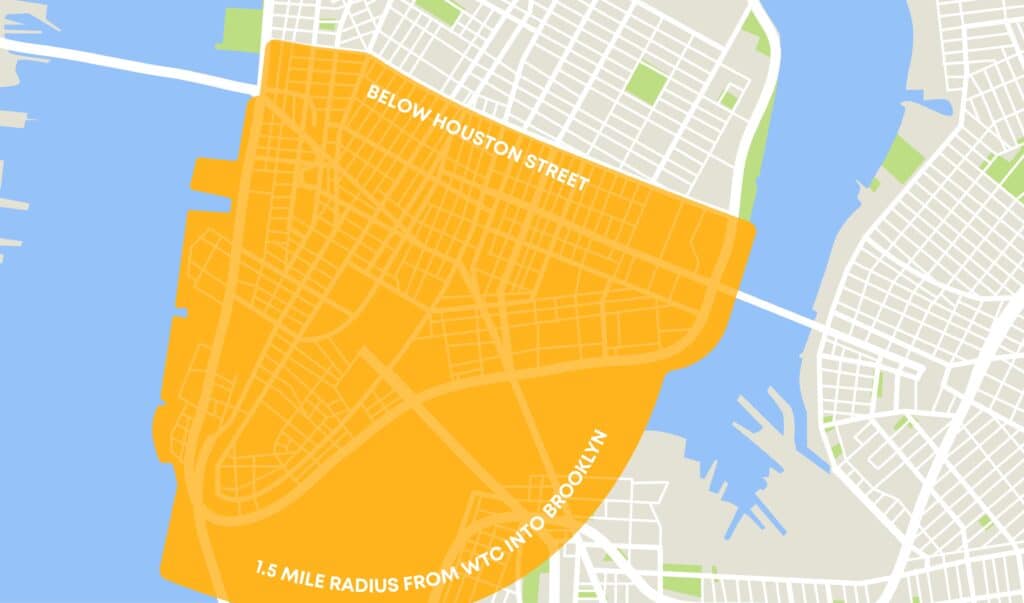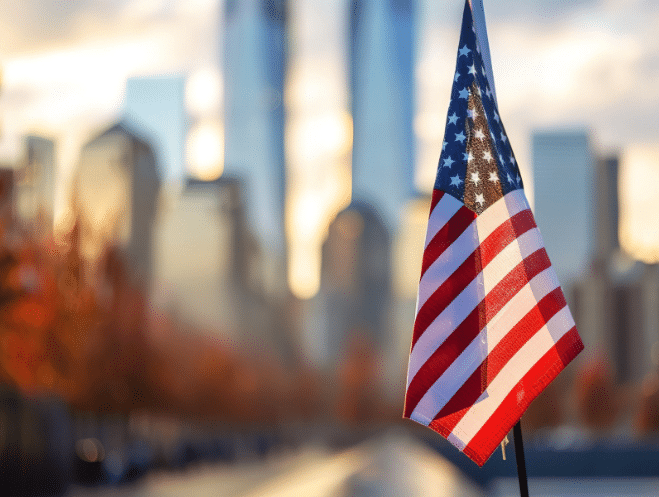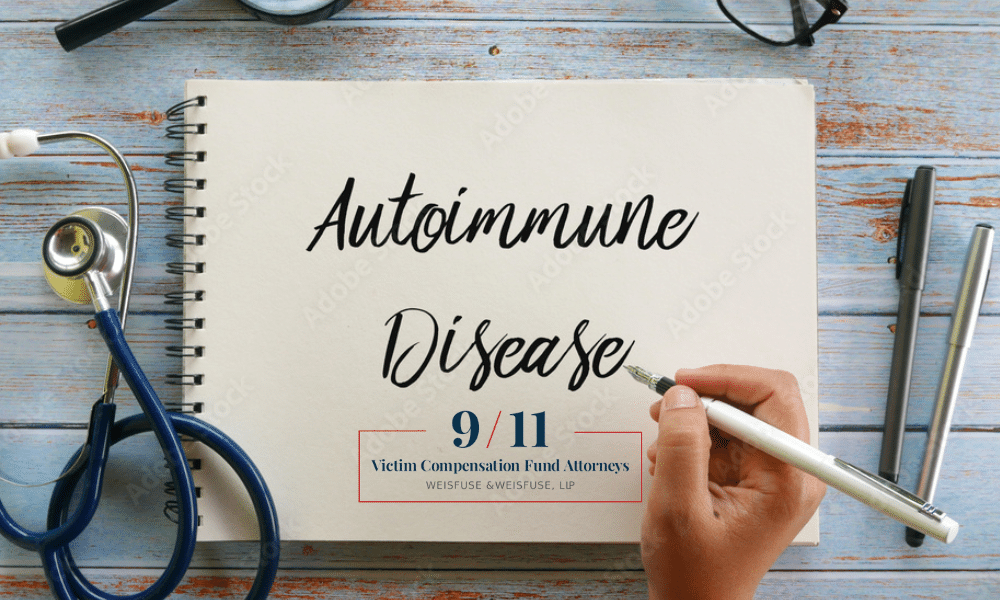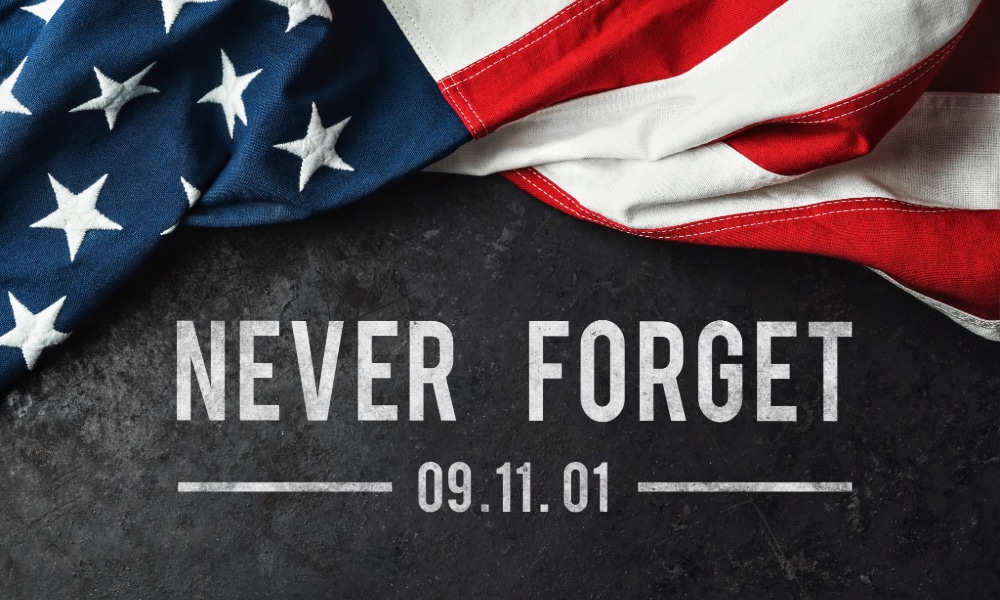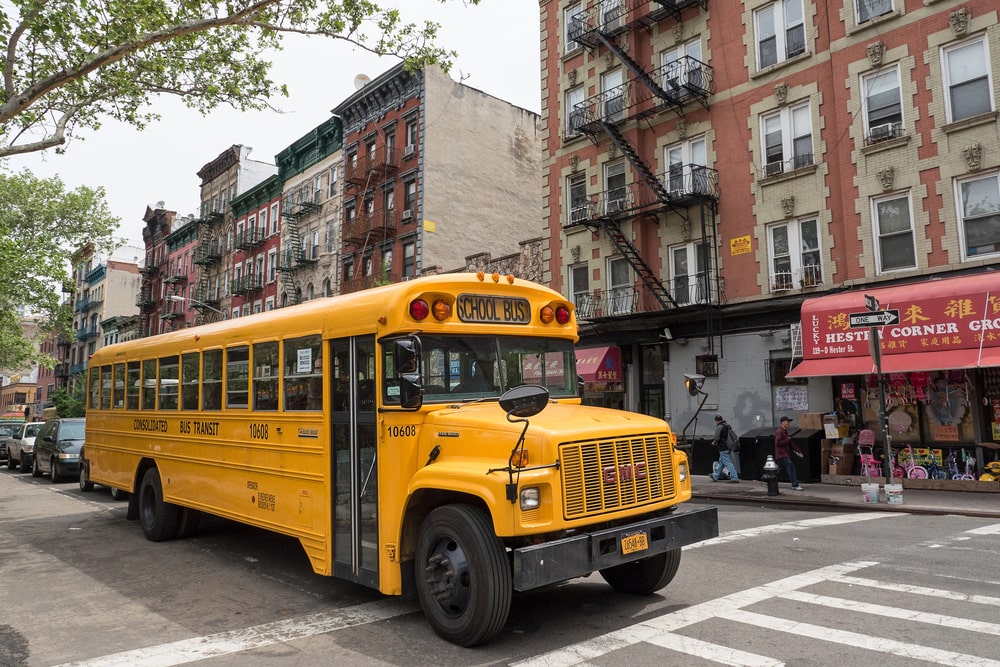
Lower Manhattan Students Eligible For 9/11 Compensation and Care
Tens of thousands of people who lived, worked, and studied in Lower Manhattan on and after 9/11 have health problems resulting from exposure to the toxic dust that permeated the air for months. New cancer cases, debilitating respiratory illnesses, and even post-traumatic stress disorder (PTSD) continue to be diagnosed nearly 20 years after the attacks.
In addition to responders and residents of the affected area, thousands of college students and schoolchildren were exposed to this toxic dust, which contained multiple carcinogenic substances, such as asbestos, lead, benzene, and chromium.
Only a few weeks after the attacks, more than 20,000 school children and staff, and a similar number of college students, returned to schools that had been largely contaminated by the toxic dust. Since 9/11, more than 55,000 people have been diagnosed with at least one health problem related to exposure to these dangerous substances, and more than 13,000 victims have been diagnosed with cancer. Many of these victims are former K-12 public school students and college students who attended school near Ground Zero on or shortly after 9/11.
9/11 VCF & WTCHP Medical Care Available to Downtown Manhattan Students
Individuals who were students at K-12 public and private schools, colleges, and universities near Ground Zero between September 11th, 2001 and May 30th, 2002 may be eligible for compensation and medical treatment if they are suffering from a 9/11 illness or injury.
The James Zadroga 9/11 Health and Compensation Act of 2010, named in honor of the first NYPD officer to die of a 9/11 illness, resulted in the creation of two important programs: The World Trade Center Health Program (WTCHP) provides medical treatment and monitoring, and the September 11th Victim Compensation Fund (VCF) provides financial compensation. The WTCHP also certifies eligible illnesses and injuries.
Individuals who studied in the Lower Manhattan area during the qualifying timeframe diagnosed with a WTCHP-certified condition may apply for benefits through both programs. Even former Lower Manhattan students who have not been diagnosed with a 9/11 illness or injury should consider registering with the VCF by July 29th, 2021. Registering guarantees the timely filing of future claims. A Zadroga Act attorney can help former Lower Manhattan students determine eligibility and file a claim for benefits.
Lower Manhattan Former Students With 9/11 Related Illnesses Can Receive Compensation
The list of illnesses and injuries certified by the WTCHP is extensive, but certain conditions are particularly prevalent. Among the most common 9/11-related diagnoses are:
- Aerodigestive disorders, such as asthma and sleep apnea;
- Cancers (68 in total);
- Mental health conditions, including depression and post-traumatic stress disorder (PTSD); and
- Acute traumatic injuries, including injuries to the eyes and brain.
The list of 9/11 illnesses above is far from exhaustive. Here is the complete list of WTCHP-certified health conditions and injuries. Even injuries and illnesses not currently certified by the WTCHP may be eligible. Contact an experienced 9/11 attorney today for more information.
Eligible Schools in The Lower Manhattan 9/11 Exposure Zone
Anyone who studied at a Lower Manhattan public school, college, or university between September 11th, 2001 and May 30th, 2002 may be able to obtain compensation through the VCF. Eligible schools include:
- Alfred E. Smith
- M004
- 89 Liberty
- 126 Jacob August Riis
- 150 TriBeCa Learning Center
- 234 Independence School
- 276 Battery Park City School
- 397 Spruce Street School
- 289 Hudson River Middle School
- Borough of Manhattan Community College – BMCC
- Church Street School for Music and Art
- German School Manhattan
- High School of Economics & Finance
- Leadership & Public Service High School
- Leman Manhattan Preparatory School
- Montessori School Manhattan
- New York Law School
- PACE High School
- Pace University
- School for Young Performers
- Stuyvesant High School
- Tribeca Community School
Lower Manhattan is encompassed by what is now referred to as the 9/11 Exposure Zone, which covers a 1.5-mile radius around Ground Zero. Individuals who attended schools in this area during the qualifying timeframe, who have been diagnosed with a WTCHP-certified medical condition, may be eligible for medical treatment through the WTCHP and financial compensation through the VCF.
To obtain these benefits, former Lower Manhattan students must provide documentation proving they attended one of the eligible schools. Fortunately, school records are among the more straightforward Proof of Presence documents to obtain. An experienced VCF attorney can help these individuals determine eligibility, obtain the required documentation, and submit a timely and accurate claim for benefits. Even minor application errors can result in delayed, reduced, or denied benefits, so it’s in every applicant’s best interest to seek legal counsel.
How To Apply For VCF or WTCHP Benefits
To qualify for benefits and compensation, Lower Manhattan students must show that they were present in the Exposure Zone during the qualifying timeframe. Documentation to prove this may be obtained from school records and affidavits. The victim will also need to be diagnosed with a WTCHP-certified medical condition. If all of these criteria have been met, a VCF attorney can help the individual gather required documentation, file a claim, and obtain the maximum compensation available.
Contact Weisfuse & Weisfuse, LLP
At Weisfuse & Weisfuse, LLP, our skilled team of 9/11 lawyers has helped countless individuals who were students in Lower Manhattan between September 11th, 2001, and May 30th, 2002 gain access to medical treatment and financial compensation. We provide victims with thorough, compassionate legal services, including submitting medically-supported optional impact statements to the VCF to maximize their compensation. Call us today at 212-983-3000 for a free and confidential consultation.


